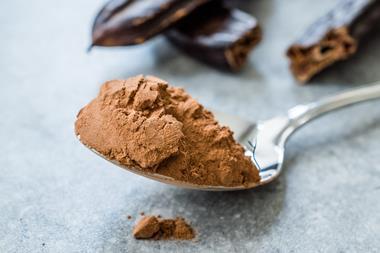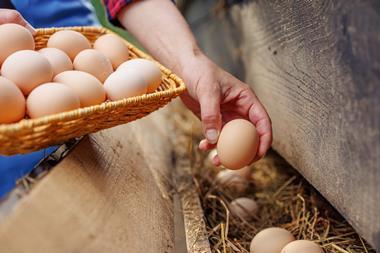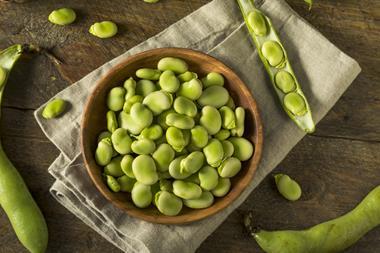Suppliers have reduced the average sugar content across many baked goods categories, according to new figures from government agency Public Health England (PHE).
The statistics appear in an ongoing study by PHE that measures the sugar content of 10 food and drink categories against a baseline figure set in 2015.
Between 2015 and 2018, the average sugar in biscuits dropped 0.6% – meaning manufacturers have a long way to go to meet the government’s target of 20% reduction in each of the categories by 2020.
Cakes and morning goods have been calculated differently as PHE could not collect the data required, but has now improved its data collection. Researchers found that, between 2017 and 2018, the average total sugar per 100g fell 4.8% in the cakes category and 3.6% across morning goods.
Across all the categories being targeted by the government sugar reduction programme, sugar has been reduced by 2.9% overall in retail products.
The biggest reduction was in yoghurts (-10.3%), followed by breakfast cereals (-8.5%). Increases were recorded in the puddings category (+0.5%) and in sweet confectionery (+0.6%).
“The report shows a mixed picture. Encouragingly, some businesses have made good progress in reducing sugar but some businesses and categories have made very little or none,” said PHE chief nutritionist Dr Alison Tedstone.
“We know the public wants the food industry to make food healthier. It is clear this can be done, but we urge the whole of the food and drink industry to keep up the momentum to help families make healthier choices.”
Katharine Jenner, campaign director of health campaign Action on Sugar, said that, while it was “encouraging that yoghurts and cereals have proved reformulation is easily achievable”, it was “shameful that other manufacturers are dragging their heels and will likely fail to meet the 20% target”.
She added that the sugar tax on soft drinks should be extended to calorie-dense processed foods and milk-based drinks that meet an agreed criterion set by the government.
“Fat is a bigger contributor to calories in the diet than sugar and therefore essential that manufacturers are encouraged to reduce both in order to tackle the UK’s unhealthy eating habits and the excessive calorie intake.”
































No comments yet